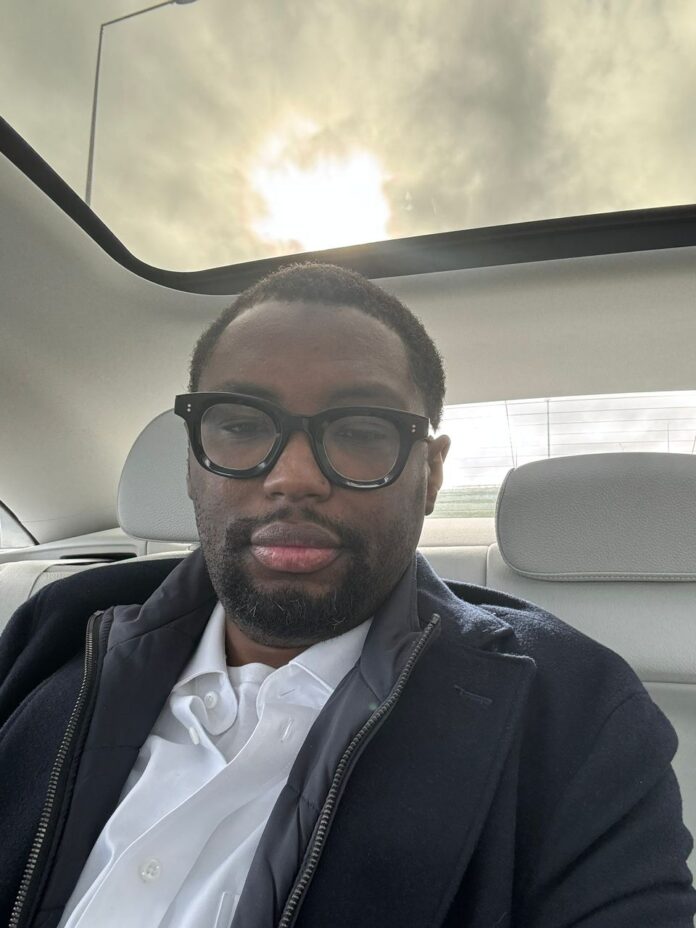Breaking the Chains of Mental Enslavement in Northern Nigeria!
By Saleh Shehu Ashaka
In a world where information and ideas travel faster than ever, the greatest barriers to progress often lie not in our external conditions, but within our own minds. In Northern Nigeria, we face a significant challenge: mental enslavement and a poverty of thought that hinder our development as a society. This article seeks to explore the implications of this mindset and the urgent need to cultivate critical thinking, creativity, and open-mindedness for a brighter future.
Mental enslavement refers to the inability to think independently, critically, and creatively. It manifests in blind adherence to tradition, dogma, and rigid beliefs that stifle innovation and personal growth. In Northern Nigeria, several factors contribute to this condition:
While culture is an essential part of our identity, some cultural practices can perpetuate outdated beliefs that inhibit progress. The fear of dissent, for example, discourages individuals from questioning norms or seeking alternative perspectives.
The education system in many parts of Northern Nigeria often emphasizes rote learning rather than critical engagement with ideas. Students are taught to memorize information without encouraging them to analyze, critique, or explore concepts deeply.
While religion can offer guidance and community, rigid interpretations can also confine thinking. When religious beliefs dictate how individuals perceive the world and interact with others, it can lead to intolerance and an unwillingness to embrace diverse viewpoints.
Persistent poverty exacerbates the issue, as survival becomes the primary focus. In such circumstances, individuals may lack the resources and time to engage in self-reflection or intellectual pursuits, leading to a cycle of limited thinking.To break free from the chains of mental enslavement, we must recognize the importance of mental freedom and enriched thinking:
Critical thinking skills empower individuals to analyze situations, question assumptions, and make informed decisions. Encouraging discussions in educational settings and community forums can help nurture these skills.
Read Also:
Creativity is essential for problem-solving and innovation. By fostering an environment that values artistic expression, entrepreneurial pursuits, and open dialogue, we can inspire individuals to think outside the box.Exposure to diverse perspectives is crucial for enriching our thinking. Engaging with people from various backgrounds and beliefs fosters empathy and understanding, paving the way for a more inclusive society.
Lifelong learning must become a cultural norm. Whether through formal education, workshops, or self-directed study, individuals should be encouraged to seek new knowledge and experiences. To effect meaningful change, we must adopt specific strategies aimed at freeing our minds and enriching our thoughts:
Educational reform is paramount. Curricula should focus on developing critical thinking, problem-solving, and interpersonal skills. Teachers should receive training in modern pedagogical methods that encourage students to engage actively with content. Local communities should establish platforms for discussion and debate on various topics. Town hall meetings, seminars, and book clubs can promote the exchange of ideas and foster a culture of critical thinking.
Empowering marginalized groups, particularly women and youth, is essential for societal progress. Initiatives that provide access to education, vocational training, and leadership opportunities can have a transformative impact.With the rise of social media and digital communication, media literacy has become increasingly important. Educational programs focused on discerning reliable information and recognizing biases can help individuals navigate the complex media landscape.
Supporting local artists, writers, and musicians can stimulate creativity and foster a sense of community. Art initiatives can serve as powerful tools for social commentary and reflection, encouraging individuals to think critically about their experiences.
Breaking the chains of mental enslavement in Northern Nigeria is a collective endeavor that requires commitment, collaboration, and courage. By enriching our thinking and fostering an environment of critical inquiry, creativity, and openness, we can pave the way for a more civilized, principled, and well-mannered society. The journey towards mental liberation may be challenging, but the rewards—personal growth, societal progress, and a more harmonious coexistence—are well worth the effort. Together, let us embark on this transformative path and unlock our potential for a brighter future.

















